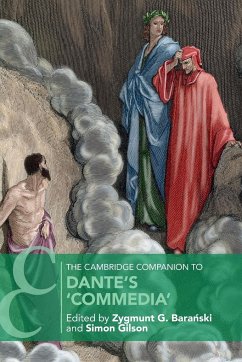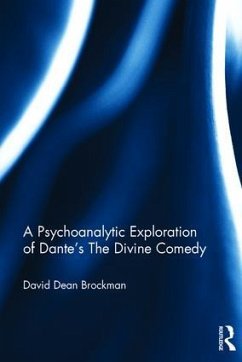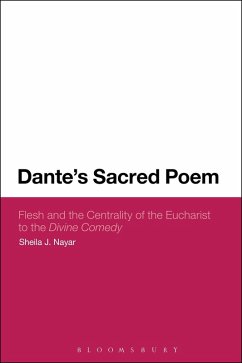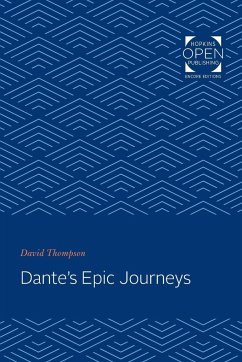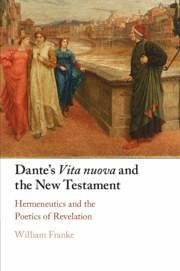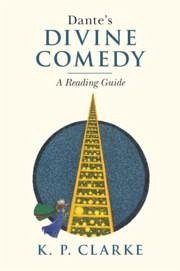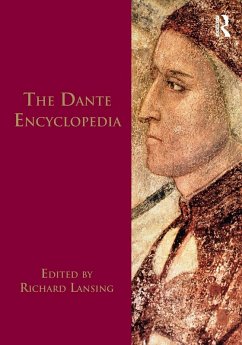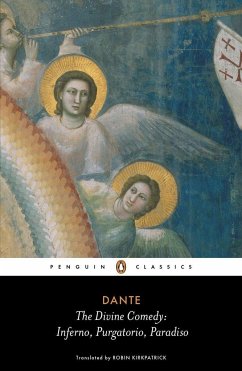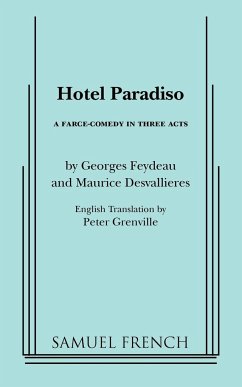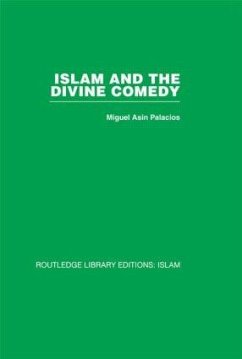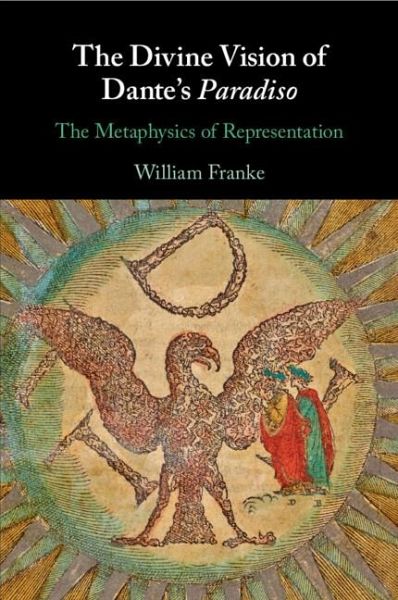
The Divine Vision of Dante's Paradiso
Versandkostenfrei!
Versandfertig in 1-2 Wochen
31,99 €
inkl. MwSt.

PAYBACK Punkte
16 °P sammeln!
Bristling with interdisciplinary insights, this book will open up new dimensions for Dante scholars and attract researchers from a host of other fields, not least philosophy and theology. Alongside critical theory and phenomenology, William Franke also spotlights Dante's striking pertinence to emergent fields in media studies and iconology.





